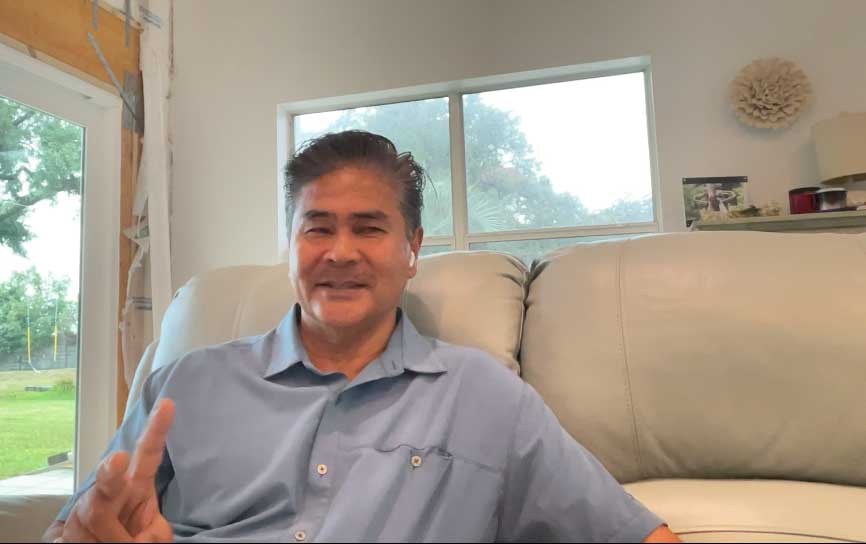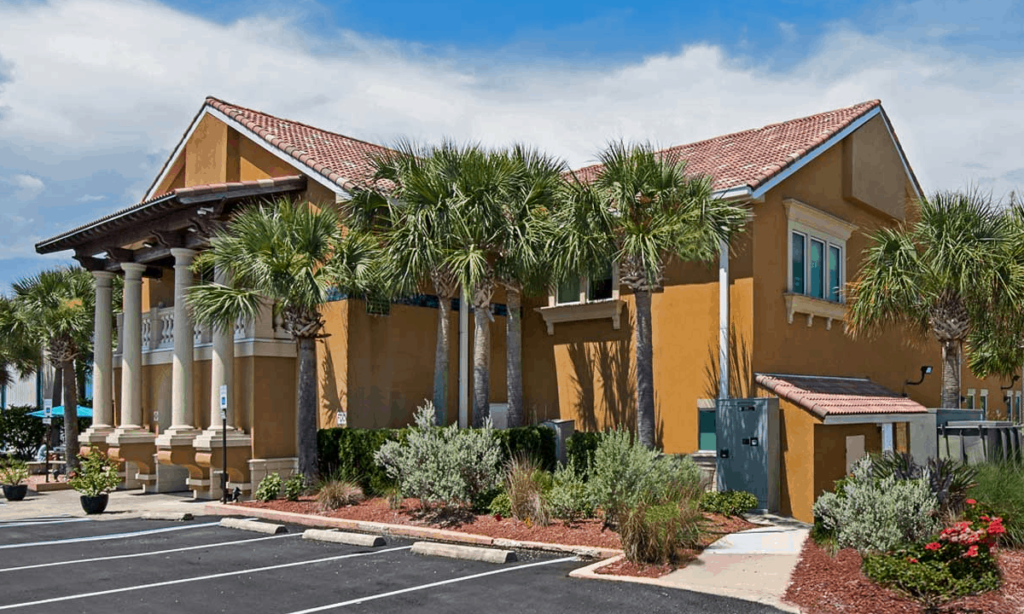Discover the Healing Potential of Recreational Therapy for Addiction Recovery, S2 Ep 117
Therapeutic Recreation and the Journey to Sobriety
In the world of rehabilitation and recovery, different modalities and therapy approaches are employed to guide individuals on their path to a substance-free life. Among these, therapeutic recreation emerges as a crucial, yet often undervalued, component of a holistic treatment plan. In this insightful exploration, we delve into the role of recreational therapy within rehabilitation settings, focusing on the transformative experience it offers. We also tap into the deeper significance of leisure as a cornerstone of human connection, mental health, and, ultimately, sober living.
Recreational therapy, sometimes known as therapeutic recreation, is an innovative approach that uses leisure and recreational activities as a therapeutic modality. Its purpose is to aid individuals in achieving their personal goals, whether physical, emotional, cognitive or social. Unlike conventional therapy, recreational therapy disguises therapeutic objectives within the enjoyment of leisure activities, allowing guests to progress toward recovery in a more engaging and less pressured setting.
The practices and benefits address mobility, physical health, emotional well-being, and social skills. The ultimate aim is to allow individuals to rediscover old hobbies, cultivate new interests, and rekindle the joy and fulfillment that active leisure pursuits can offer.
“I use leisure and recreation to teach people it’s possible to have fun sober and I get people to reintroduce themselves to themselves.”
The Role of Recreation in Rehabilitation
In rehab environments like Gulf Breeze Recovery, recreation brings a valuable dimension to the traditional treatment framework. Rehab facilities often deal with individuals who have become isolated due to their substance use disorders. Therapeutic recreation serves as a medium through which guests relearn social behaviors, understand the joy of sober fun, and rebuild their self-identity outside addiction’s shadow.
Outings into the community are an integral part of this therapy method. These outings could include activities such as walking on the beach, participating in nature walks, or engaging in a sports match. Far from being frivolous, these activities are strategic. They reintroduce guests to a world where fun doesn’t have to be fueled by substances and where simple, natural experiences, like feeling the sun on one’s skin or hearing the laughter of others, become memorable and healing.
The Challenge of Reintegration and Having Fun Sober
One of the most pertinent hurdles in the recovery journey is overcoming an ingrained belief that life without substances is monotonous or dull. Many individuals in recovery may have forgotten what it means to laugh or feel real enjoyment without the crutch of drugs or alcohol. Recreational therapy directly challenges this belief, demonstrating through direct experience that it is not only possible but also rewarding to have fun while sober.
Nolee shares that the wonder of these therapeutic experiences often lies in their simplicity. These moments can signify profound turning points, whether it is a person going canoeing after a year of self-imposed seclusion or a gentleman just appreciating the sun’s warmth on the dock. Therapeutic recreation facilitates these epiphanies, reminding guests that they can find delight in the most mundane things that they’ve lost touch with during their addiction.
Overcoming Anxiety and Fear in Recovery
Introducing therapeutic recreation to individuals who have a substance use disorder must be done with care and sensitivity. It requires attuning to the guests’ comfort levels and gently guiding them through the initial discomfort to embrace change and growth.
For many, particularly those who have deeply internalized their struggles, the act of participating in group activities or being around others can trigger fear. Simple decisions like going outside can be enormous steps. Gulf Breeze Recovery respects these feelings and, with Recreational Therapy, begins breaking down the walls of fear, one activity at a time. Through the shared experience of recreation, guests are offered a safe space to confront their anxieties collaboratively and with support.
“if you’re trying to get sober and you’re tired of being sick and tired, come to Gulf Breeze Recovery”.
Graduate Stories and Therapeutic Recreation
Success stories demonstrate the life-changing impact of Gulf Breeze Recovery. Many graduates are invited to speak to the current guests and share their experiences as testimony to the program’s efficacy. Speaker events connect present rehab guests with graduates, offering relatable narratives that inspire and give hope. These stories also serve as a powerful tool for the graduates, allowing them to reflect on their journey and give back to the community that supported their recovery.
The Health of the Helper
Finally, placing importance on the well-being of GBR’s staff members ensures an atmosphere conducive to healing. The entire staff of Gulf Breeze Recovery must also practice self-care, engaging in their passions and interests to remain effective and empathetic caregivers.
Therapeutic recreation stands as an essential pillar in the rehabilitation process, offering a unique avenue for growth, enjoyment, and, ultimately, a sustainable, sober lifestyle. For those considering a rehabilitation program, it’s essential to appreciate the value of an approach that embraces the therapeutic potential of recreation and leisure, an often-untapped resource in the journey beyond addiction.
On All Available Directories























